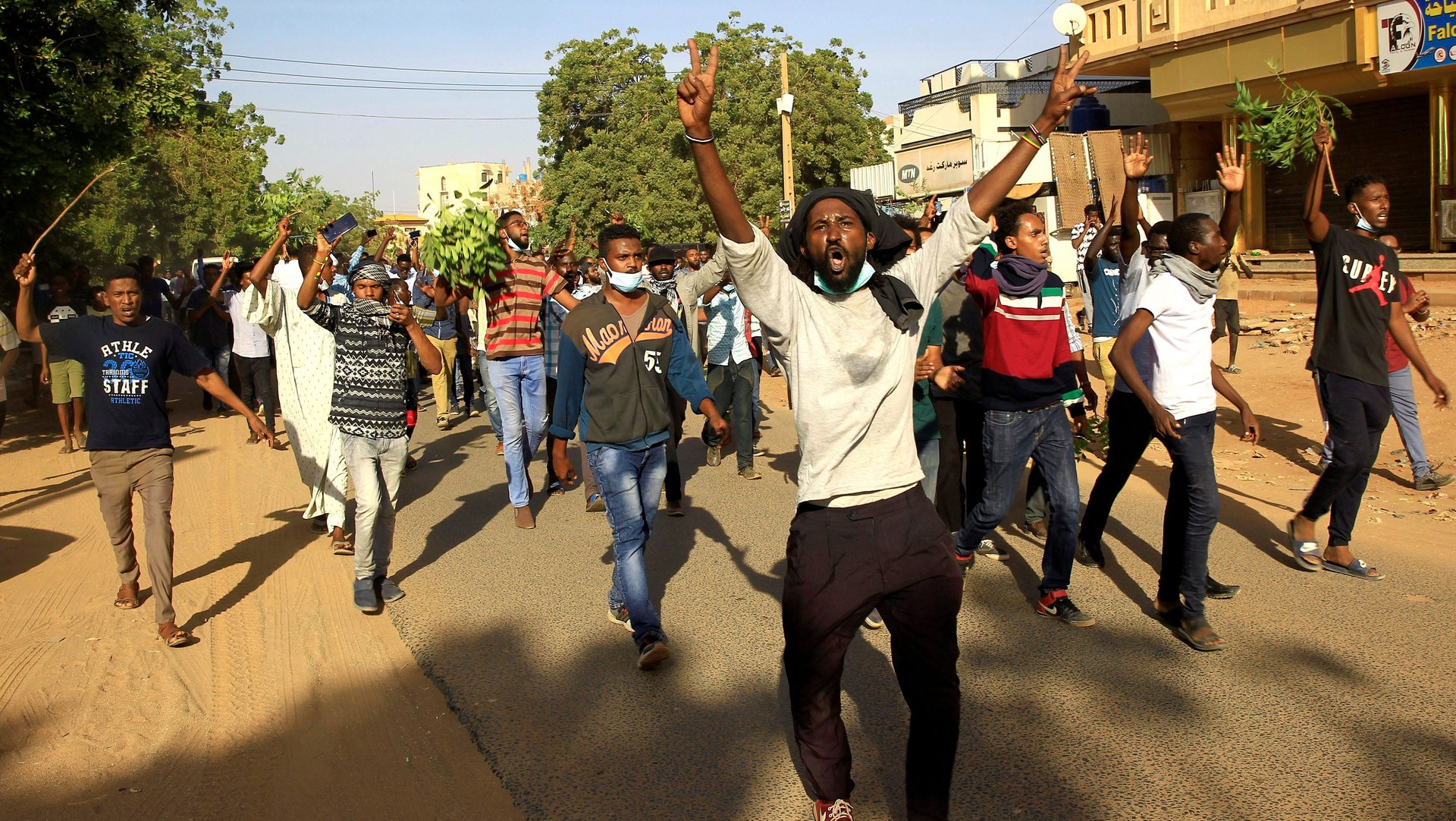Internet and social media shutdowns cost African economies over $2 billion in 2019
Shutting down internet and social media access—an increasingly popular choice for governments on the continent in response to protests and dissent—came at a cost of $2.1 billion last year.


Shutting down internet and social media access—an increasingly popular choice for governments on the continent in response to protests and dissent—came at a cost of $2.1 billion last year.
Deliberate internet and social media blackouts lasted nearly 8,000 hours across Sub-Saharan Africa, according to analysis in The Global Cost of Internet Shutdowns in 2019 report. The report’s analysis excluded internet outages due to natural disasters or infrastructural failure. With losses of $8 billion attributed to internet and social media shutdowns around the world, Africa accounted for around 25% of global economic impact. It calculated the economic cost of blackouts using the Cost of Shutdown Tool (COST) developed by internet access advocacy groups, The Internet Society and Netblocks.
COST estimates economic impact of internet disruption and restrictions using indicators from the World Bank, International Telecommunication Union, Eurostat and U.S. Census with the estimated cost accounting for lost earnings across telecommunications networks as well as hobbled online payments for digital businesses.
Internet and social media blackouts in Africa (largely driven by authoritarian regimes) proved by far most costly in Sudan last year.
Amid long-running protests which led to the ouster of long-time ruler Omar Al-Bashir, Sudan shuttered internet and social media access for a total of 1,560 hours at an economic cost of $1.8 billion. But despite the Sudanese government’s best efforts, internet savvy protesters evaded access restrictions to share iconic imagery that defined and galvanized the protests. For its part, Algeria’s cumulative internet and social media blackouts lasted 50 hours at a $199 million cost.
To be clear, the economic impact of a shutdown is not solely determined by its length as it also largely depends on the existing scale of internet penetration in each country. Take Chad where a record 16-month ban saw access to social media apps blocked: with only 6.5% of the population connected to the internet in the first place, the economic impact of the shutdowns (calculating for days in 2019 alone) came to $125.9 million.
But beyond full-blown internet shutdowns, the cost of access restrictions also show up in other ways. In Uganda, a controversial social media tax branded by critics as a method to limit online expression resulted in a drop in internet users. And, with local mobile money use also negatively impacted, one study estimated that the ad hoc fees could cost the Ugandan economy up to $750 million.
Sign up to the Quartz Africa Weekly Brief here for news and analysis on African business, tech and innovation in your inbox